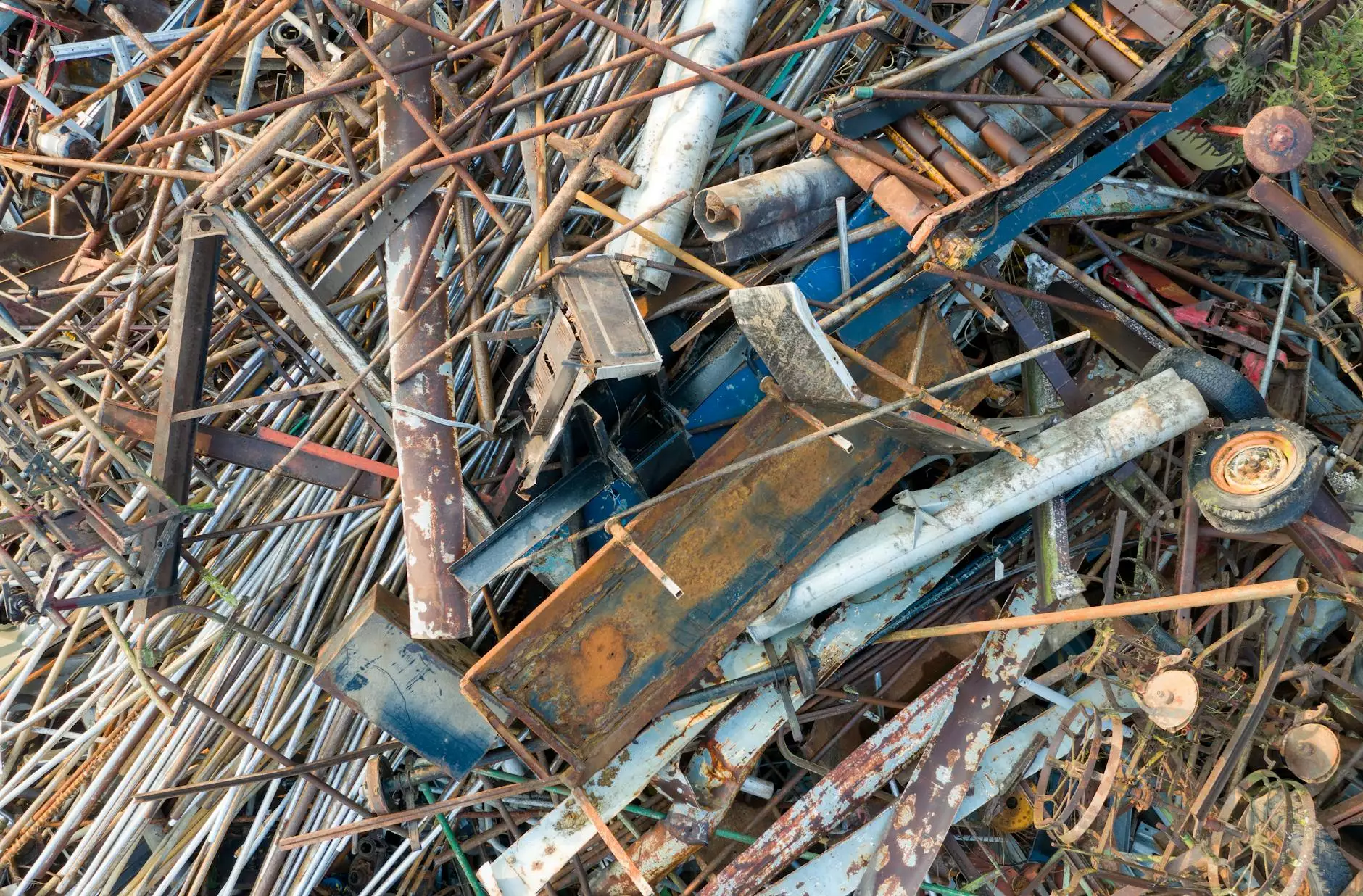Brazil Sugar Export Companies: Leading the Global Market

When it comes to sugar production and export, Brazil reigns supreme in the global market. Known for its vast sugarcane plantations and advanced agricultural techniques, Brazil sugar export companies have become pivotal players in satisfying the world's demand for sugar. In this expansive article, we explore how these companies operate, the challenges they face, and what sets them apart in the industry.
Overview of Brazil's Sugar Industry
Brazil is the largest producer and exporter of sugar in the world, accounting for a significant portion of global supply. The country has a rich history of sugar cultivation that dates back to the colonial period, evolving into a sophisticated agricultural sector capable of producing high-quality sugar products for both domestic and international markets.
The Sugarcane Journey
The journey of sugar production in Brazil begins with sugarcane, the primary raw material used in the production of sugar. Brazil's climate and soil conditions create ideal circumstances for growing sugarcane. Here’s a brief overview of the sugarcane process:
- Planting: Sugarcane is generally planted between August and March. The method of planting often dictates the efficiency of harvest later.
- Growing: It takes about 12-18 months for sugarcane to reach maturity. The growth period is crucial for maximizing sugar yield.
- Harvesting: Harvesting can be done manually or mechanically. In most cases, mechanized harvesting has been adopted to enhance efficiency.
- Processing: The harvested cane is taken to mills where it is crushed, and the juice is extracted, leading to the production of raw sugar.
Major Players in the Brazilian Sugar Export Market
Several key companies dominate the Brazilian sugar export landscape. These Brazil sugar export companies are recognized for their commitment to quality, sustainability, and innovation. Let's delve into some of the prominent players:
1. Raízen
As one of the largest sugar producers in Brazil, Raízen is a joint venture between Shell and Cosan. The company operates numerous sugar and ethanol mills, process sugarcane into various products including sugar for export. Raízen is known for:
- Innovative Practices: Incorporating technology to improve efficiency and sustainability.
- Diverse Product Range: Expanding beyond sugar into biofuels and other bioproducts.
- Strong Export Network: Effective logistics that streamline exports to multiple countries.
2. Cosan
Also a significant contributor to Brazil's sugar exports, Cosan is involved in agriculture, energy, and logistics. Their commitment to sustainability is noteworthy, as they strive to minimize environmental impacts through responsible farming practices.
3. São Martinho
São Martinho is among the biggest sugar producers in Brazil and is known for its sizeable operational efficiency. This company emphasizes innovation in agricultural practices and sugar production, which positions it well in both domestic and international markets.
4. Bunge
Bunge is an American agribusiness and food company with deep-rooted operations in Brazil. The company focuses on integrating sustainability into its entire supply chain and is a key exporter of sugar, among other commodities.
Challenges Faced by Sugar Export Companies
While the Brazilian sugar industry thrives, it also faces numerous challenges that can impact export performance:
A. Market Fluctuations
The global sugar market is subject to volatility due to changing consumer preferences, economic conditions, and trade policies. Companies must remain agile to adapt to these shifts.
B. Climate Change
With shifting weather patterns and extreme weather events, the agricultural sector is increasingly at risk. Brazil sugar export companies are investing in research to cultivate resilient sugarcane varieties.
C. Regulatory Environment
Trade agreements and tariffs can influence sugar exports. Staying informed about international trade policies is crucial for these companies to maintain a competitive edge.
Sustainable Practices in Brazil’s Sugar Industry
With growing global awareness about sustainability, Brazilian sugar companies are stepping up their game. Here's how they are addressing sustainability:
1. Environmental Responsibility
Many sugar export companies are committed to reducing their carbon footprints. This includes improving energy efficiency, utilizing renewable energy sources, and adopting biofuel technologies.
2. Social Responsibility
Companies are also focusing on social aspects by ensuring fair labor practices and contributing to local communities through programs that enhance education and health services.
Export Strategies of Brazil Sugar Companies
Brazil’s sugar export success is attributable to several key strategies:
A. Diversifying Markets
Brazilian companies have expanded their reach into various international markets, reducing dependence on any single market and enhancing resilience against downturns.
B. Quality Assurance
Maintaining rigorous quality standards is vital. Companies invest in advanced technologies and practices to ensure that their sugar meets international quality certifications.
C. Strong Logistics Network
Efficient logistics are vital for timely exports. Brazilian sugar companies have developed robust logistical frameworks, including partnerships with shipping companies, to streamline their exports.
Future Trends in Brazil Sugar Exports
Looking ahead, several trends are expected to shape the sugar export landscape in Brazil:
1. Increased Demand for Organic Sugar
As consumers become more health-conscious, the demand for organic sugar is expected to rise. Brazilian companies are responding by investing in organic farming practices.
2. Technological Advancements
Innovations, such as precision agriculture and data analytics, will further enhance productivity and sustainability in sugarcane farming.
3. Export Regulations and Trade Agreements
Monitoring and adapting to new trade regulations will be crucial for Brazil sugar export companies to maintain and expand their market presence.
Conclusion
Through innovation, sustainability, and a commitment to quality, Brazil sugar export companies continue to lead the global market. Their ability to adapt to challenges and embrace new trends ensures their place in the competitive landscape of sugar exports. As the demand for sugar evolves, these companies are well-prepared to meet future challenges and capitalize on emerging opportunities.
For further information and insights about the Brazilian sugar export sector, visit brazilsugartopsuppliers.com.








